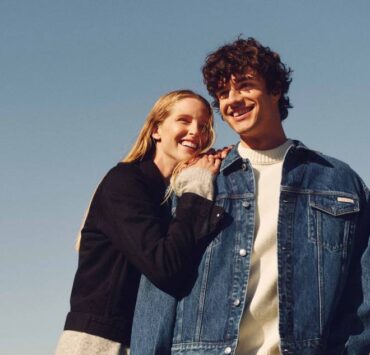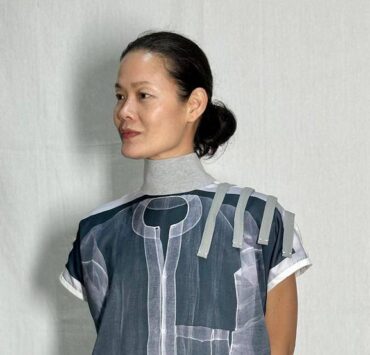Filipino-centric fairs are a compass for conscious gifting
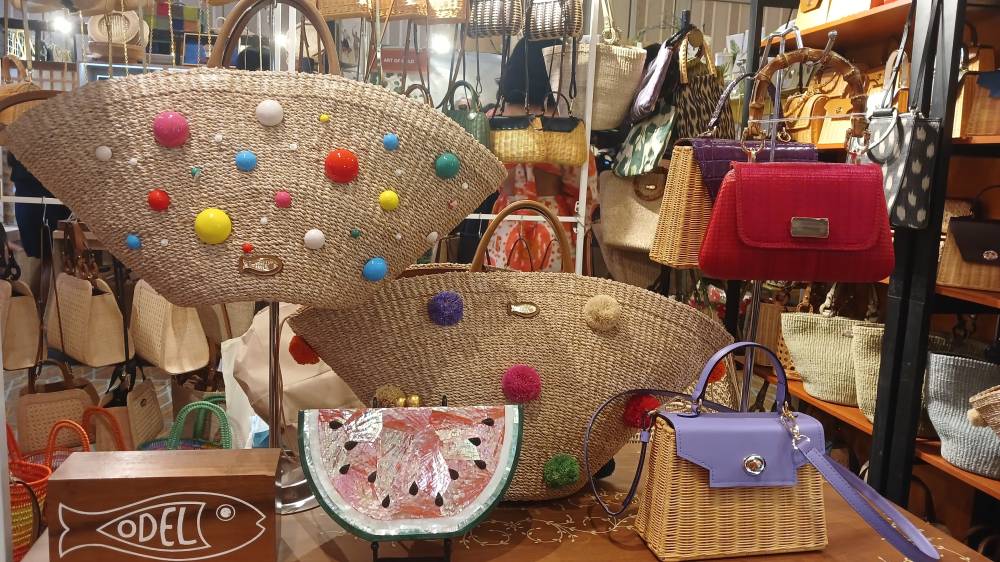
When it comes to conscious gifting, we look to holiday fairs like the recent Presente by Artefino for guidance.
Over the years, the Artefino movement continues to snowball in influence, as designers, artisans, and artists join in the promotion of Filipino-sourced and -made pieces, giving shoppers much-needed options over mass-produced imported items. These expos featuring local merchants and creators make for perfect hunting grounds for gifts that are not only beautiful and useful, but also made with attentive consideration for their impact on the community.
Having the stamp of approval from Artefino founders Marimel Francisco, Maritess Pineda, Mita Rufino, Susie Quiros, and Cedie Vargas, who diligently curate participants with laser focus on sustainability and local craftsmanship, serves as a true mark of mindfulness and makes for a great compass for discovering and choosing thoughtfully made presents.
With conscious gifting, the aim is to focus less on the act of shopping and giving, and more on the intention behind it. It can be as simple as thinking about what the other person wants or needs, or taking it further to consider the impact of the item not just on the recipient but also on the environment or the communities that benefit or suffer from the production process.
These Christmas bazaars that “promote Filipino and preserve our heritage” point shoppers in the right direction and guide them to finding their perfect, intentional holiday gifts.
Project Nova
Borne out of necessity back in 2020 when Kayakasia Philippines tour guides in Bohol lost their livelihood due to a halt in tourism, the group immediately pivoted to turning discarded kayaks into bags.
Learning how to sew from YouTube videos, the guides transformed themselves into craftsmen, each with their own expertise—designing, cutting, dyeing—who similarly transform broken kayaks, tube tires, seatbelts, and camp gear into urban-chic backpacks, totes, purses, and water bottle holders.
Project Nova, which means “new beginnings,” supported the tour guides throughout the pandemic. Now that tourism has opened back up, their team has begun guiding once again, but still continues to make cool, utilitarian “100-percent handcrafted, 80-percent upcycled” bags. (Shop at projectnovashop.wordpress.com.)
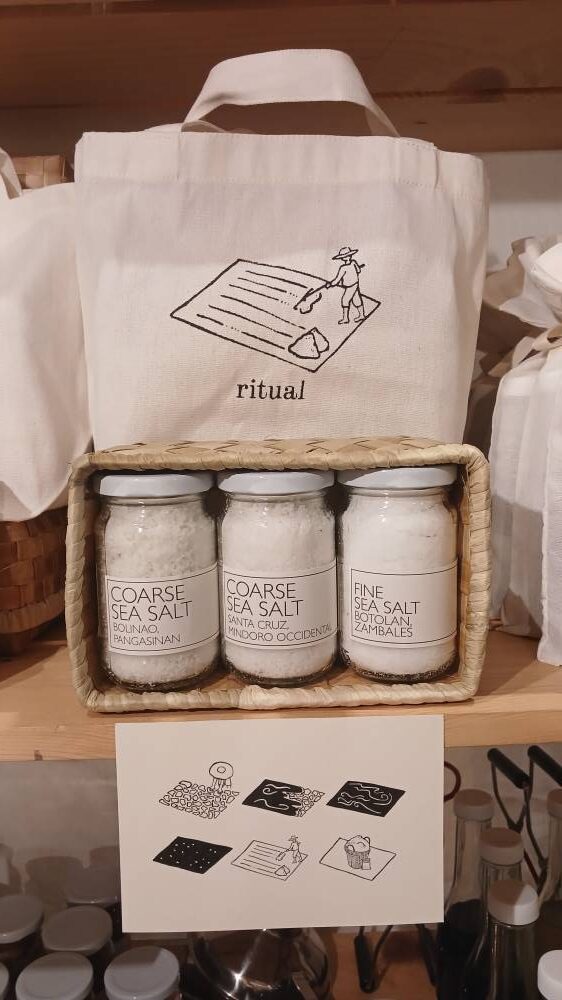
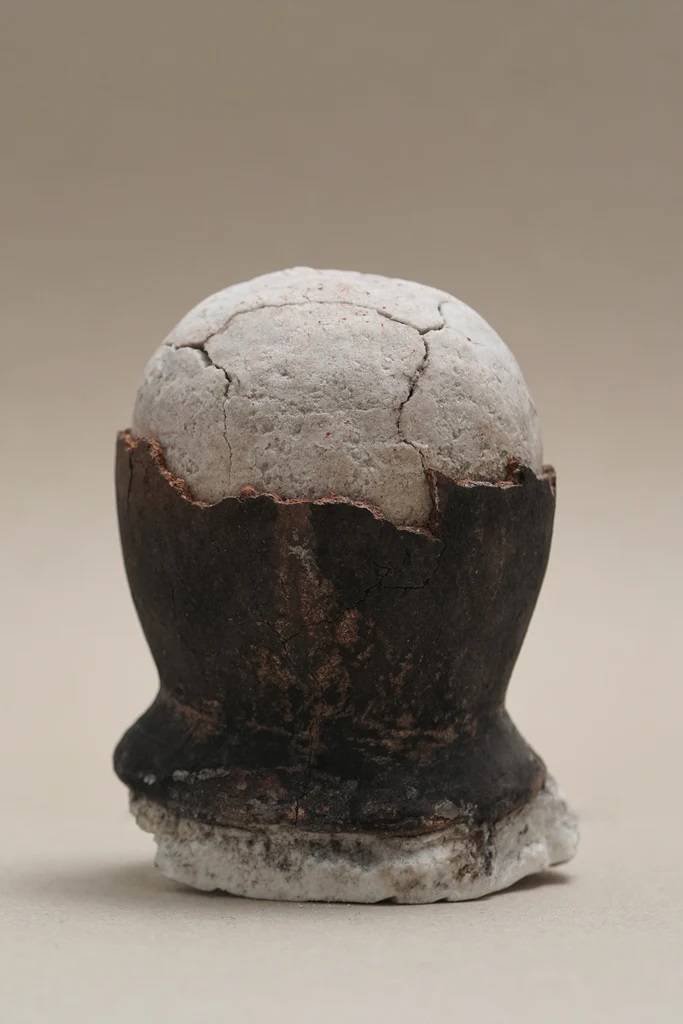
Ritual
Ritual sells a range of “organic, artisanal, heritage, natural” products that showcase the Philippines’ cultural biodiversity, and shies away from using plastic in any of their packaging. Sourcing from all over the country, particularly smaller producers and cooperatives, the “sari-sari” carries personal, pet, and home care products, as well as food items and drinks.
With its wide range of available goods—the store, for example, carries different type of sea salts and a variety of vinegars—Ritual aims to give texture to people’s lives by bringing our archipelago’s heterogeneity into their homes. (Shop at ritual.ph.)
Odel Finecrafts
Odel Finecrafts highlights Filipino craftsmanship through fun and elegant handbags using local natural materials like abaca, rattan, raffia, and shells, combined with high-quality leather and metal hardware.
Made in their factory in Laguna, Odel handbags aim to limit the negative impact on the environment without sacrificing style. The classic designs can be worn from day to night for a variety of occasions. (Shop at odelhandmade.com)
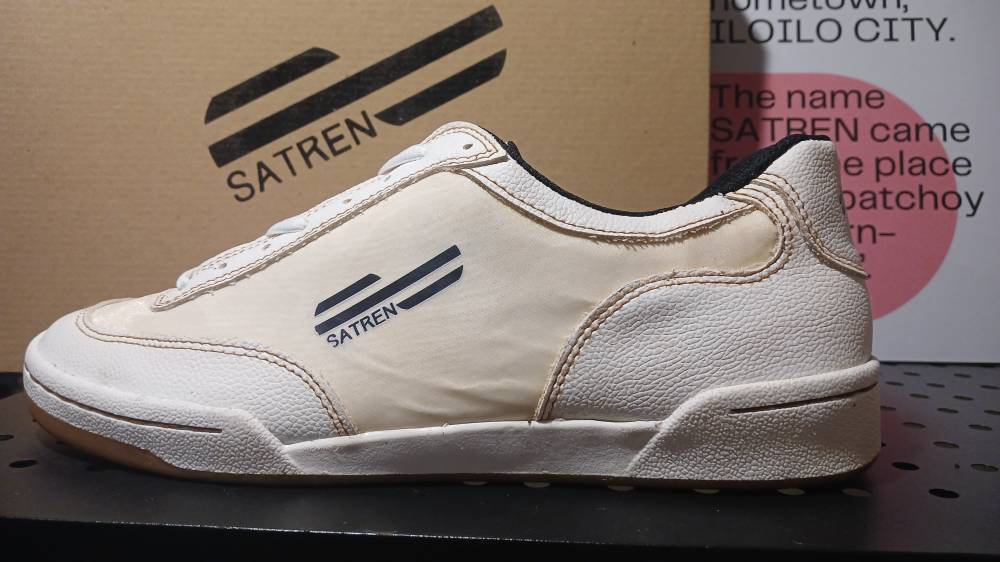
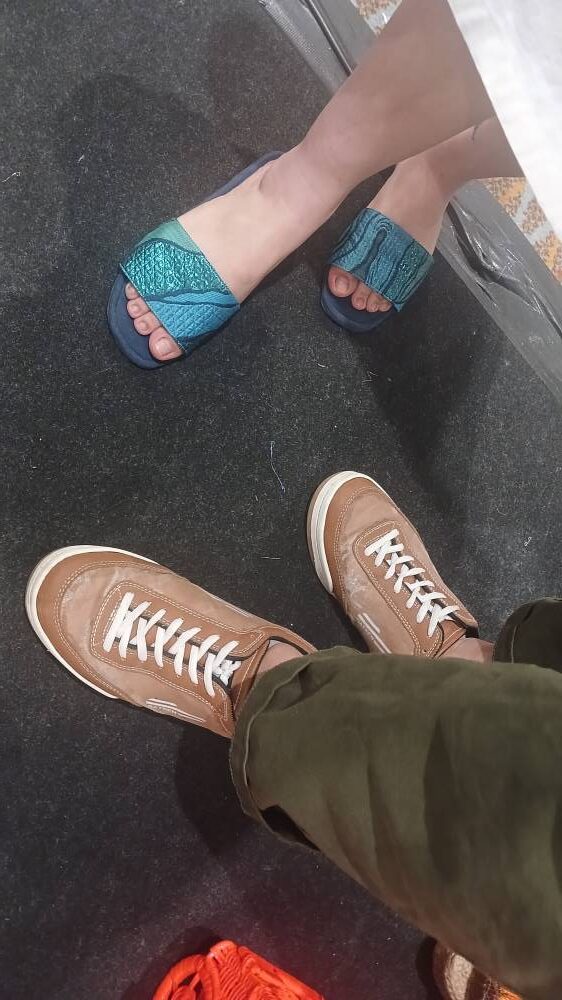
Satren
It’s hard to imagine the delicate barong being worn on the feet, which tend to be overworked and dirty from being constantly close to the ground. But Iloilo shoe brand Satren thought up the unthinkable and made it possible, finally launching its yearlong project at Presente by Artefino: the barong sneakers.
The laminated barong—cut out of old Philippine traditional wear—is featured in leather sneakers that can be used for both casual and formal wear.
Available only in white, black, and brown (depending on the color of the barong they are able to acquire), there are only a total of 50 of these mostly handcrafted barong sneakers made. These come in gender-neutral style and sizes, and tested well even in the rain. (Shop at Instagram @satrenph.)
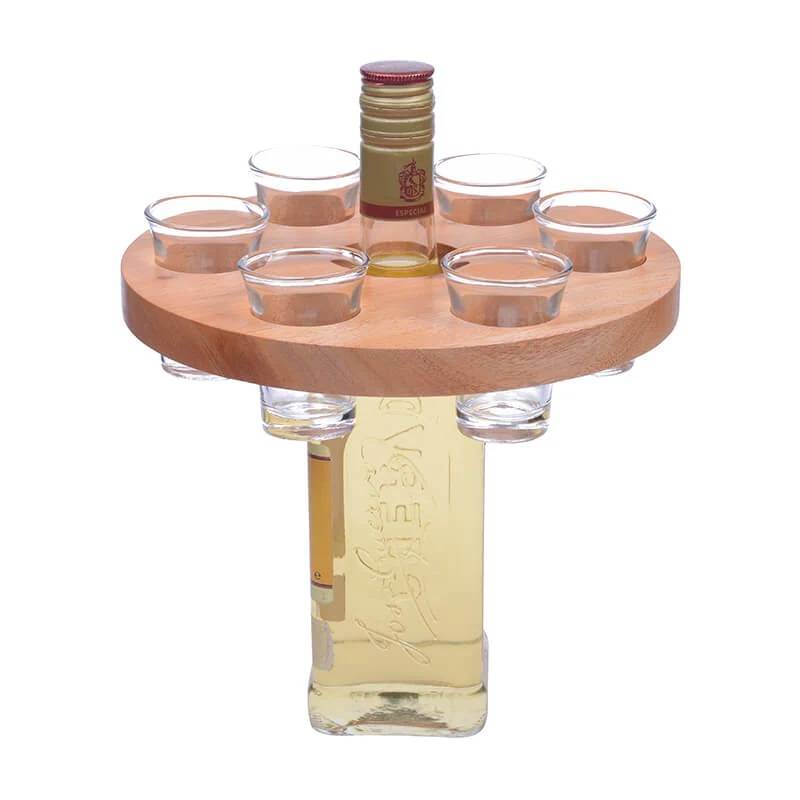
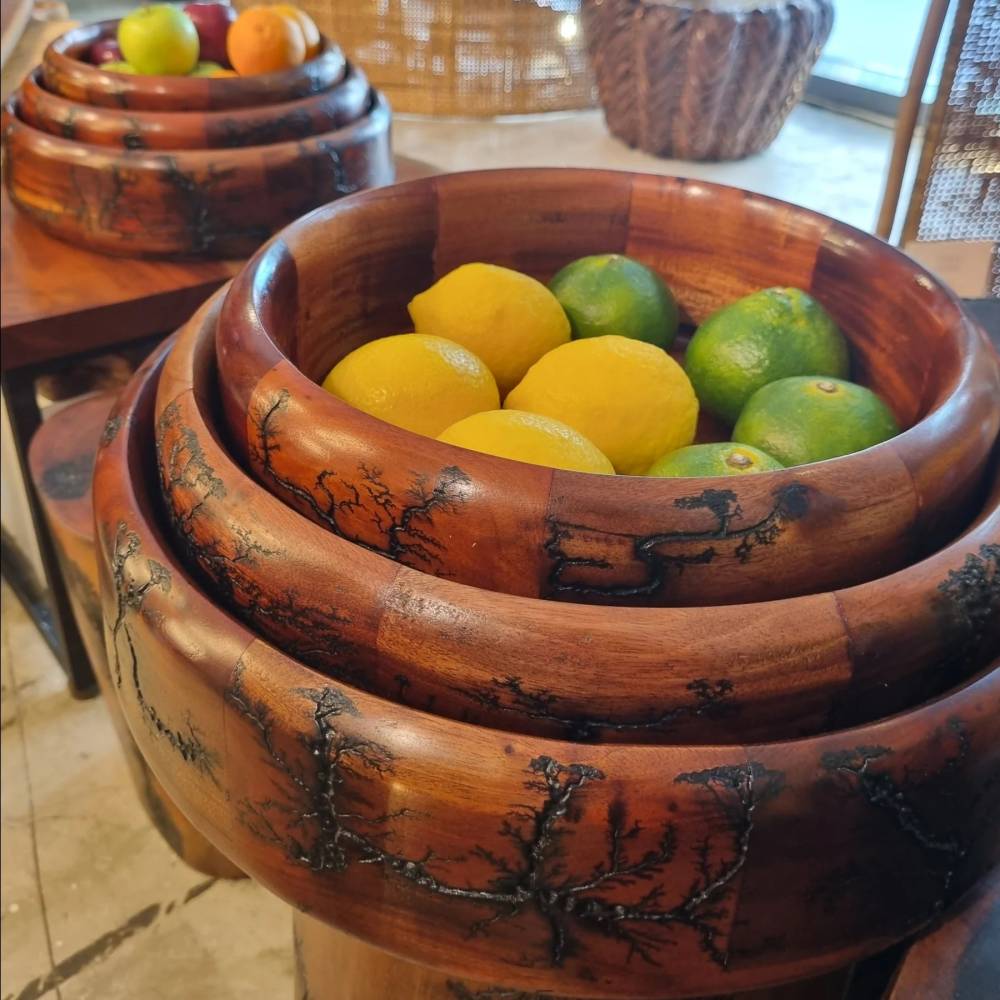
SustainablyMade by Marsse
Using wood from trees grown by their father back in 1992 in their own 60-plus-hectare tree farm in Urdaneta, Pangasinan, the Sebastian siblings create stunning kitchenware, home accessories, and bespoke furniture.
The brand, SustainablyMade by Marsse, started only in 2013 when the trees were finally ready for harvesting. Employing farmers for woodworking during off-season months, they make sure that every part of the tree is used. No wood is wasted, with smaller off-cut pieces turned into phone stands, candle holders, or even chopping boards made out of glued-together strips of wood. (Shop at sustainably-made.com.)














